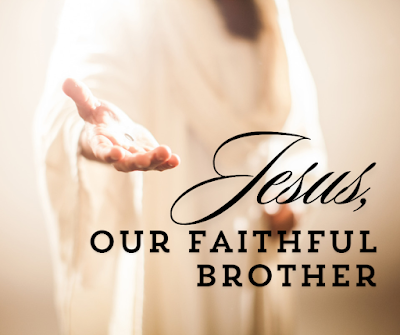Dear Friends,
Rushing wind, spreading fire, the Spirit that enabled courage. All potent aspects of Pentecost.
Here’s one more to consider, namely that everyone heard Peter speaking in their own tongues – their everyday language.
There was no official language for the coming of the Holy Spirit. Not imperial Latin or universal Greek or local Aramaic or the language of the political/religious parties of Galilee and Judea.
Think about it! Everyone heard the voice of God through Peter in the language of the streets, the idioms they used, their nuances expressions, their slang. God is revealed on Pentecost as a God without borders – a God who rejects sameness as a rule for everyone. There is no one right way to speak, to be human or to be in touch with the living God. Everyone has a take on personally Who God Is and why we need to treasure and make the most of God-with-us. Everyone can ask questions of the Living God and of Jesus, the Risen One. Everyone has insights about God to share. Everyone can speak to God in his/her own tongue.
This breath-stopping thought about how God honors all existing languages in this Pentecost moment is not mine. It drifted into my computer from an unknown source and I have kept it because of its simple but profound insight. The anonymous author of the article that embodied this thought put it this way:
Think about the ways nations have tried to suppress the language of conquered people. One language, those in power say – one language is all we need. Our language. Yet even in English, how many words come from conquered people, indigenous people, people who have been told their language is inferior and too difficult to learn. When language dies, culture dies. People whose culture dies lose heart.
Again quoting the unknown author of this insightful piece,
And then the people in the street spoke with the voice of God-reaching out to others in Word and Spirit – with the very conviction of God.
The people of Gaza and the Ukraine, the people of Haiti and other battle – weary countries cry out to the world with the voice of God.
On this Pentecost Day, may we hear the voice of God in them and wherever compassion and mercy are preached and lived. May our world be suffused with Pentecost fire, light, hearing and courage.
~ Sister Joan Sobala






